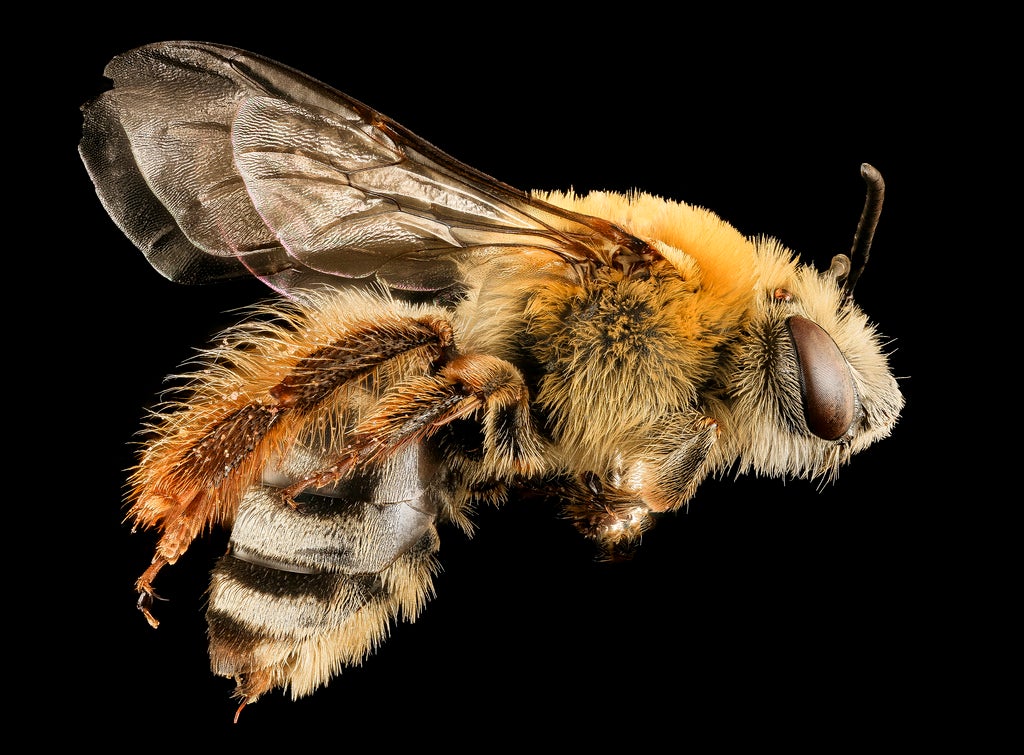Squash Bee Info: Are Squash Bees Good To Have In The Garden


More gardeners need good squash bee information because these honeybee look-alikes are critically important for vegetable gardening. Learn how to identify squash bees, why you want them in your yard, and how to attract and keep them there.
What are Squash Bees?
The humble squash bee (Peponapis pruinose) is a fairly common bee and an important pollinator. It is often mistaken for honeybees, but there are critical differences, including the fact that squash bees pollinate plants in the Cucurbita genus exclusively.
Identifying squash bees can be difficult if you don’t know what to look for. As compared to other bees, they are up and active early in the morning through midday when cucurbit flowers begin to wilt.
You can also tell them apart from honeybees by their slightly larger size and bulkier shape. They have rounder faces and longer antennae than honeybees as well. Female squash bees have fuzzy back legs, while honeybee legs are smooth.
Are Squash Bees Good for the Garden?
Yes, squash bees are not just good for your garden but critical if you grow vegetables. All members of the cucurbit group of plants are pollinated by these little bees. This includes:
The male and female reproductive components of cucurbits are in separate flowers. The pollen is also heavy, so pollination by wind is not an option. These plants need insects to carry the pollen from one flower to another. Honeybees may pollinate cucurbits, but squash bees only target these plants and are a big part of the production of these vegetables.
How to Attract Squash Bees
It’s always good to make your yard and garden friendly to native insects and pollinators, but if you grow vegetables, you want to make it especially welcoming to squash bees. These bees nest in the ground, often right under the plants they pollinate. Female bees build nests 6 to 12 inches (15-31 cm.) below the surface, so avoid tilling where you grow your cucurbits.
Gardening tips, videos, info and more delivered right to your inbox!
Sign up for the Gardening Know How newsletter today and receive a free copy of our e-book "How to Grow Delicious Tomatoes".
It’s also important to avoid pesticides in this area, as these can kill squash bees. If you have to use a pesticide, do it in the evening when the bees are not active. Other ways to promote good bee populations is to have areas of the yard that remain natural. This provides more nesting space. Also, try to plant your cucurbits in the same area from year to year.
Squash bees are great for the garden, so do what you can to make your yard and beds friendly and safe for these little helpers.

Mary Ellen Ellis has been gardening for over 20 years. With degrees in Chemistry and Biology, Mary Ellen's specialties are flowers, native plants, and herbs.